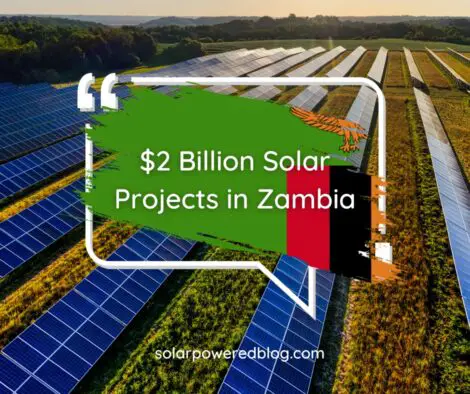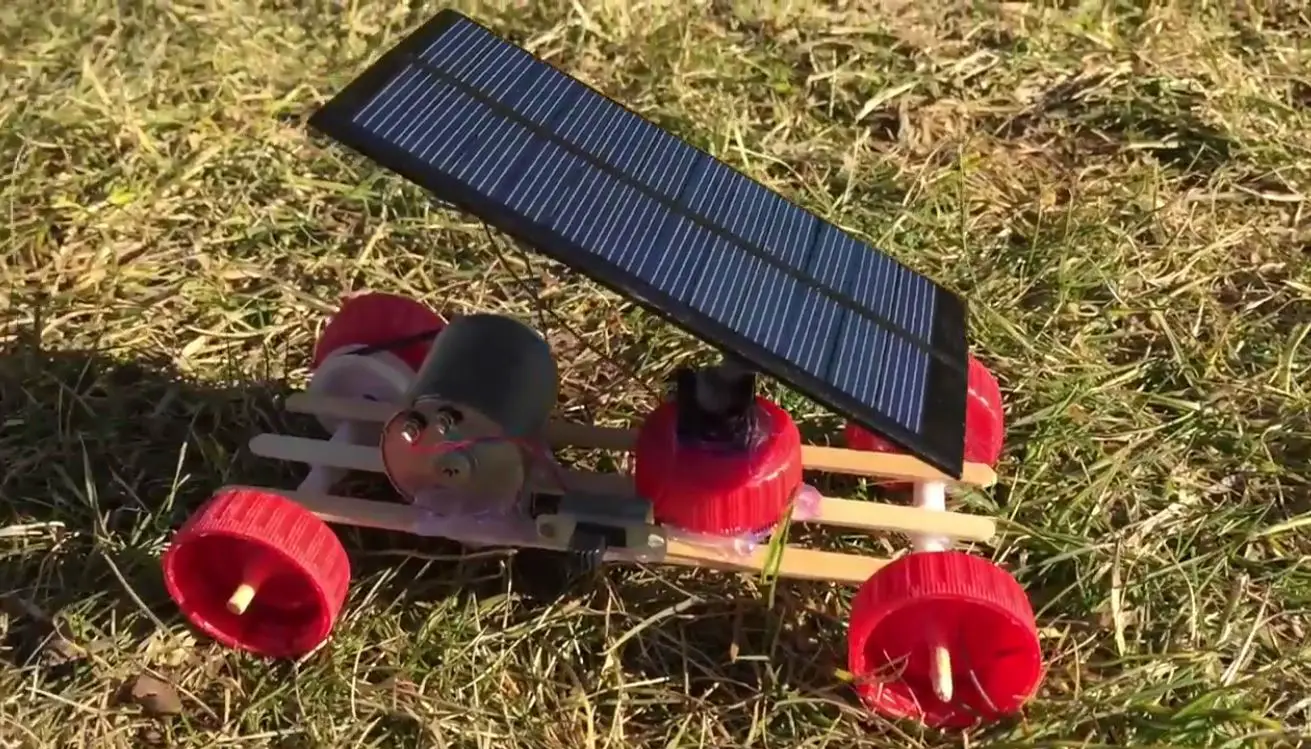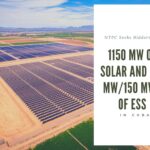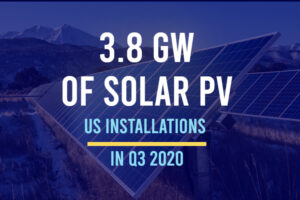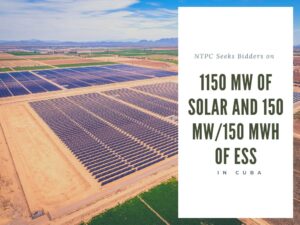Zambia’s state-owned power utility Zesco partners with UAE’s Masdar to develop $2 billion solar projects. The project will begin immediately, beginning with the installation of 500 megawatts (MW) in stages.
This is a significant development for Zambia as it looks to diversify its energy sources and reduce its dependence on traditional fossil fuels. The partnership with Masdar, a leading company in the renewable energy sector, will allow Zambia to tap into the latest technologies and expertise in the field of solar power.
The partnership of UAE and Zambia for Sustainability
The agreement is expected to result in the development of multiple solar projects, worth $2 billion, across the country. These projects will generate clean and sustainable energy, which will help to reduce the country’s carbon footprint and contribute to the global effort to combat climate change. Additionally, it will also help to improve energy security and reliability in Zambia, by reducing the country’s dependence on hydroelectric power which is susceptible to droughts.
Hichilema stated that the completion of the projects will add 2,000 megawatts of electricity to the country in the near future.
This move also demonstrates the commitment of both Zambia and Masdar to promote sustainable development and to meet the increasing demand for energy in the region. The partnership is a win-win situation for both parties as it will bring economic benefits and job opportunities to the people of Zambia, while also allowing Masdar to expand its renewable energy portfolio in the African continent.
Current Power Situation in Zambia
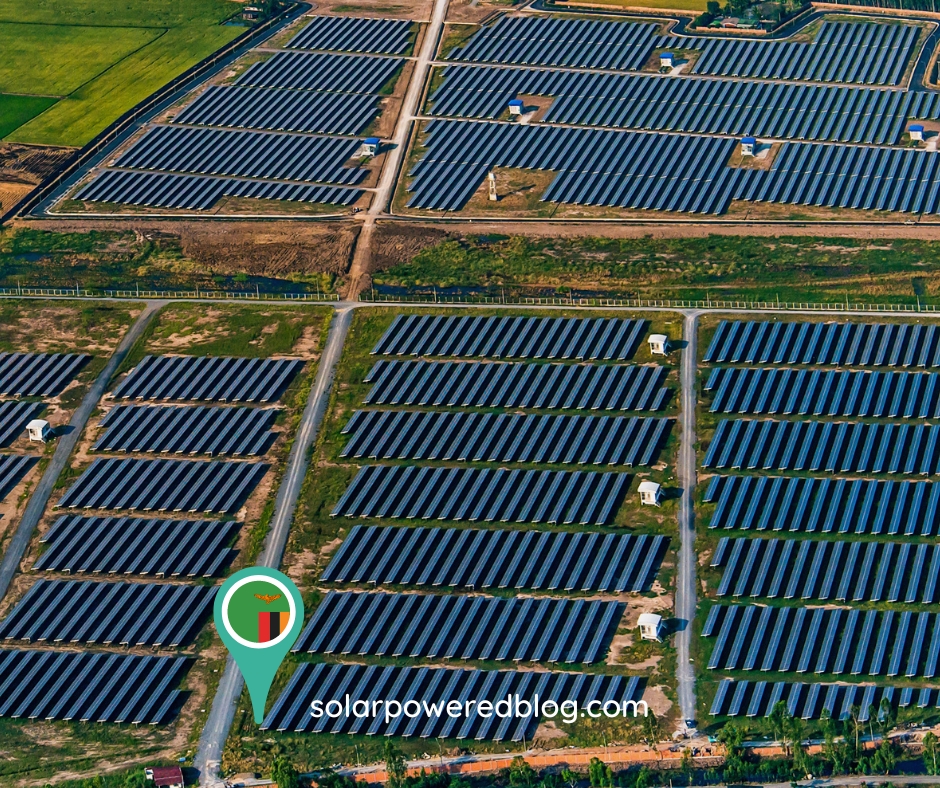
Lake Kariba is a large man-made lake located on the Zambezi River, which forms the border between Zambia and Zimbabwe. It is the largest man-made lake and reservoir by volume in the world. The lake is a major source of hydroelectric power for both Zambia and Zimbabwe. However, when the water levels in the lake drop, it can impact the ability to generate hydroelectric power.
Due to a significant decrease in water levels in lake Kariba, Zambia has been limiting electricity supply as hydropower – which provides more than 75% of the country’s electricity – is threatened.
The current situation in Zambia is that the water levels in lake Kariba have dropped significantly, thereby threatening the country’s hydropower generation which contributes more than 75% of the country’s power output. This has forced the country to ration electricity supply to ensure that there is enough power to meet the essential needs of the population and avoid blackouts.
This is a critical issue for Zambia as it has been facing an energy crisis in recent years. The country has been struggling to meet the increasing demand for electricity due to a lack of investment in new power generation and transmission infrastructure. The rationing of electricity supply will have a negative impact on the country’s economy as it will affect the productivity of businesses and industry.
Additionally, this situation also highlights the vulnerability of countries that rely heavily on hydroelectric power, as they are susceptible to fluctuations in water levels. This makes it important for Zambia and other countries that rely on hydroelectric power to explore alternative sources of energy and diversify their energy mix to reduce their dependence on hydroelectric power.
UAE’s Masdar – a leading developer and operator of utility-scale renewable energy projects
Masdar Clean Energy is a subsidiary of Abu Dhabi’s state-owned renewable energy company, Masdar. The company is a leading developer and operator of utility-scale renewable energy projects, community grid projects and energy services. Masdar Clean Energy’s focus is on the development, construction, and operation of renewable energy projects such as solar and wind power, both on a utility-scale and on a smaller community grid scale.
The company has a strong track record in the renewable energy industry, with a portfolio of projects across the globe. It has been involved in the development, construction and operation of over 20 GW of renewable energy projects in the Middle East, Africa, and other parts of the world.
One of the key areas of expertise of Masdar Clean Energy is the development of utility-scale solar projects. The company has a strong pipeline of utility-scale solar projects in various stages of development, including the development of the Noor Abu Dhabi, the world’s largest single-site solar power project.
The company also focuses on community grid projects, which are smaller-scale renewable energy projects that are able to provide power to remote or off-grid communities. These projects are typically smaller in scale than utility-scale projects and can have a significant impact on the local communities by providing access to clean and reliable energy.
Sustainable Energy Future – Solar Projects in Zambia
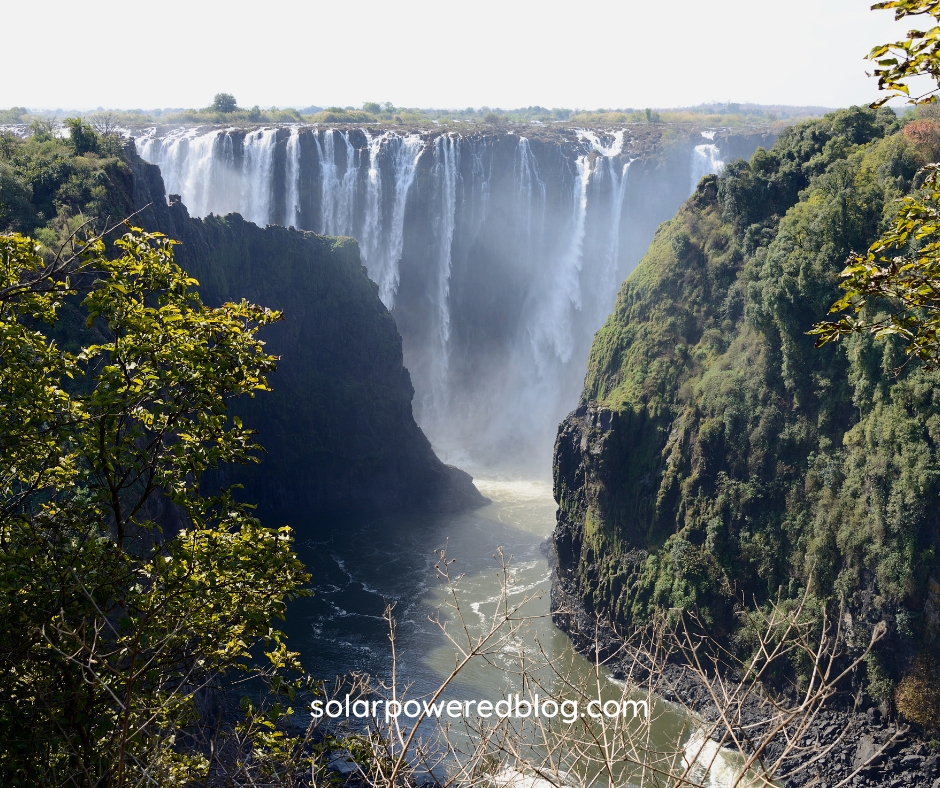
Overall, the partnership between Zesco and Masdar is a positive step towards achieving a cleaner and more sustainable energy future for Zambia and it will serve as a model for other countries in the region to follow.
Please do not forget to sign up for our email list today! Be part of the Solar Powered Fam!

